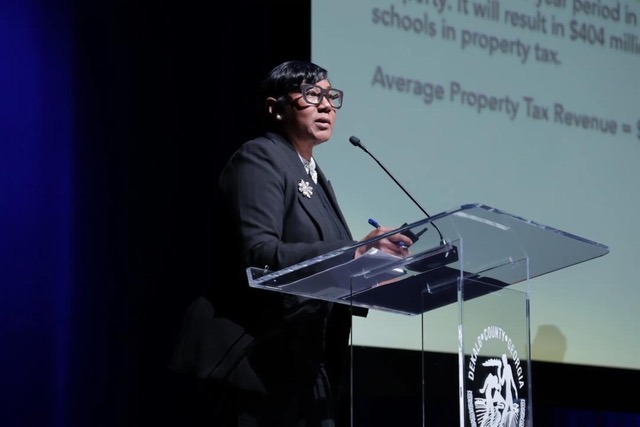DEKALB COUNTY, GA—Residents filled the Porter Sanford III Performing Arts Center on Oct. 15 for a town hall focused on data center development in DeKalb County. The event, “Helping Residents Understand Data Centers,” brought together community members, policy leaders, and industry experts for an open and informative discussion about the growing impact of data centers across metro Atlanta.
Hosted by DeKalb County CEO Lorraine Cochran Johnson, in partnership with Commissioner Mereda Davis Johnson and Commissioner Dr. LaDena Bolton, the event was also live streamed on DCTV to ensure access for those who could not attend in person.
The conversation comes as the county evaluates the economic, environmental, and infrastructure impacts of large-scale data centers. In July, the Board of Commissioners approved a temporary pause on new data center approvals to allow time for research, policy development, and public engagement. The moratorium was recently extended through December 2025.
“Our goal is to ensure residents have access to accurate information and can engage in meaningful discussion before decisions are made,” Cochran Johnson said in her opening remarks. “This conversation is about education, transparency, and community understanding.”
To support informed dialogue, DeKalb County brought in experts from planning, academia, utilities, and economic development. The panel featured Demond Mason of Newton County, Shane Short of the Walton County Development Authority, Ahmed Saeed of Georgia Tech, Céline Benoît of the Metropolitan North Georgia Water Planning District, Danny Johnson of the Atlanta Regional Commission, and Juliana Njoku of DeKalb’s Department of Planning and Sustainability. CEO Cochran Johnson moderated the discussion and guided questions from both officials and residents.
Panelists addressed how data centers use energy and water, the infrastructure needed to support them, and how they connect to broader utility planning. They also discussed economic impact, job creation, community benefits, and the future role of data centers as artificial intelligence and cloud computing continue to expand. Throughout the night, speakers emphasized the need to balance economic potential with sustainability, infrastructure capacity, and quality of life.
Residents expressed appreciation for the opportunity to hear from experts directly and to ask questions in real time. Many said they arrived unsure of how data centers operate but left with a much clearer understanding of the issues.
The county will continue reviewing policies and gathering community input as it develops zoning and operational standards for data centers. Future updates, meetings, and resources will be shared through official County channels.
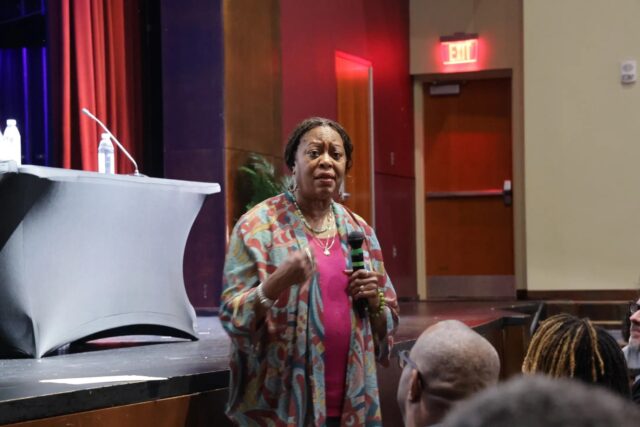
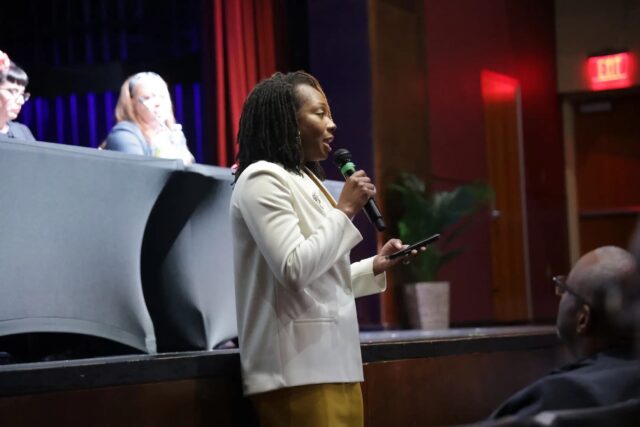
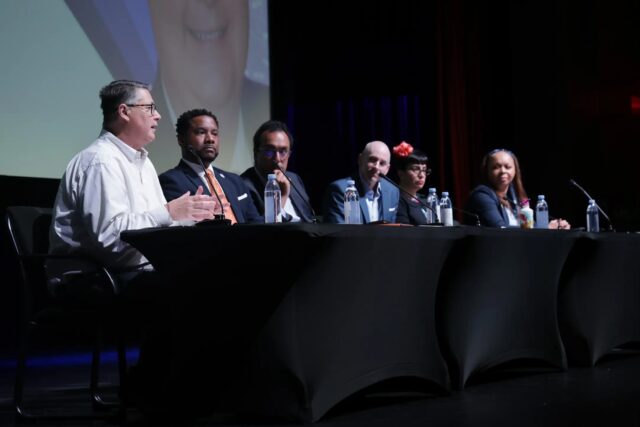
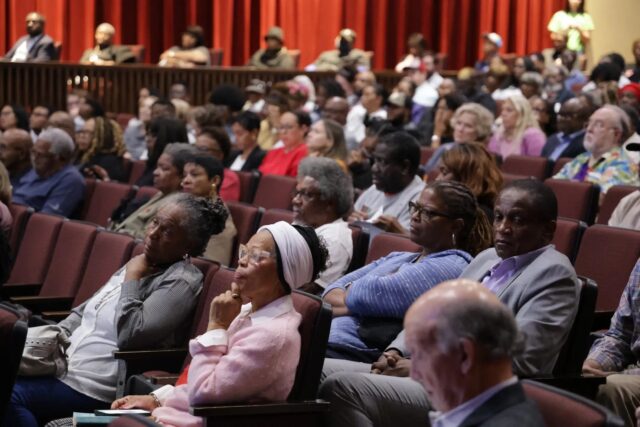


![Validate my RSS feed [Valid RSS]](https://web.archive.org/web/20240108205913im_/https://ocgnews.com/wp-content/uploads/2022/07/valid-rss-rogers.png)


